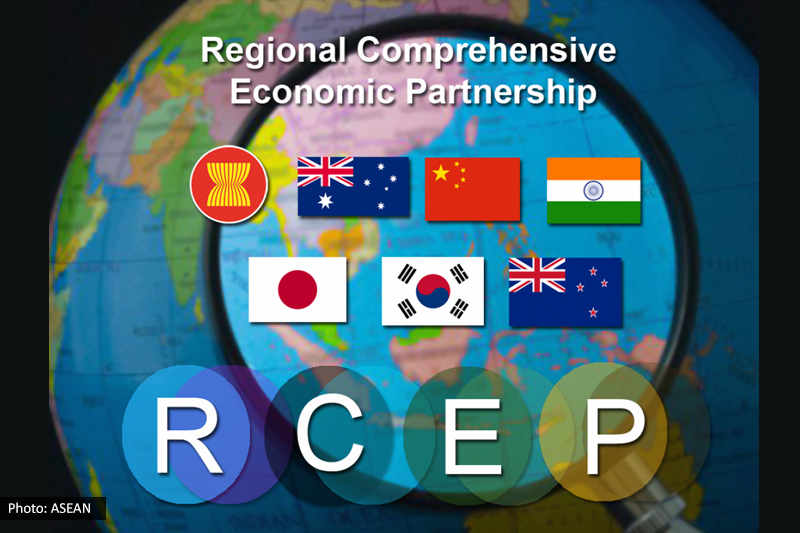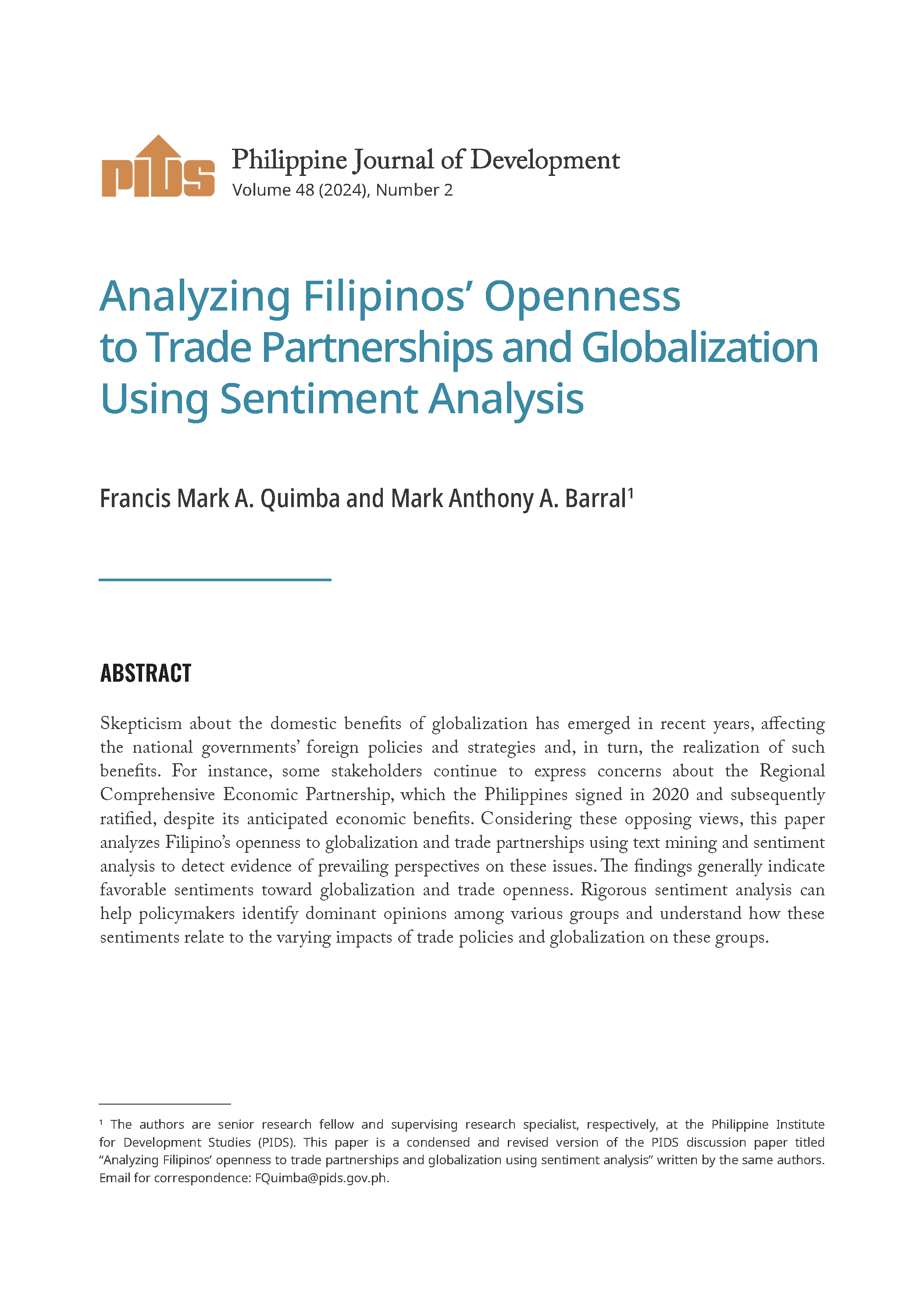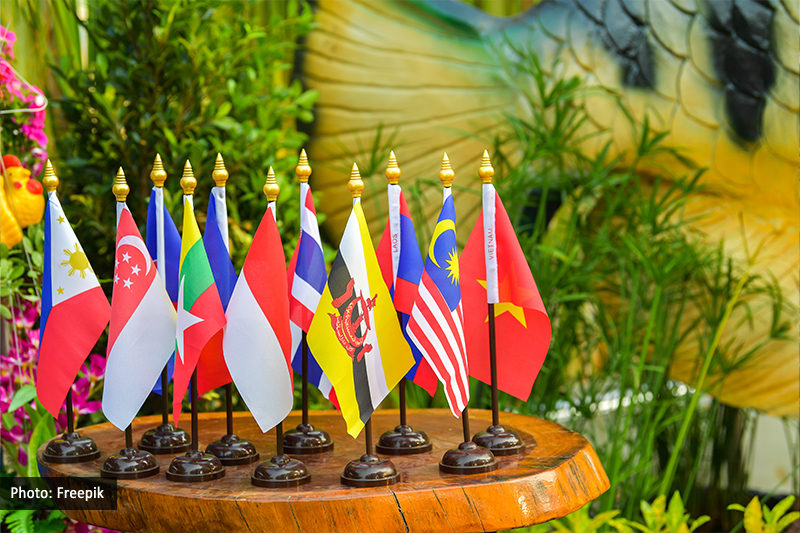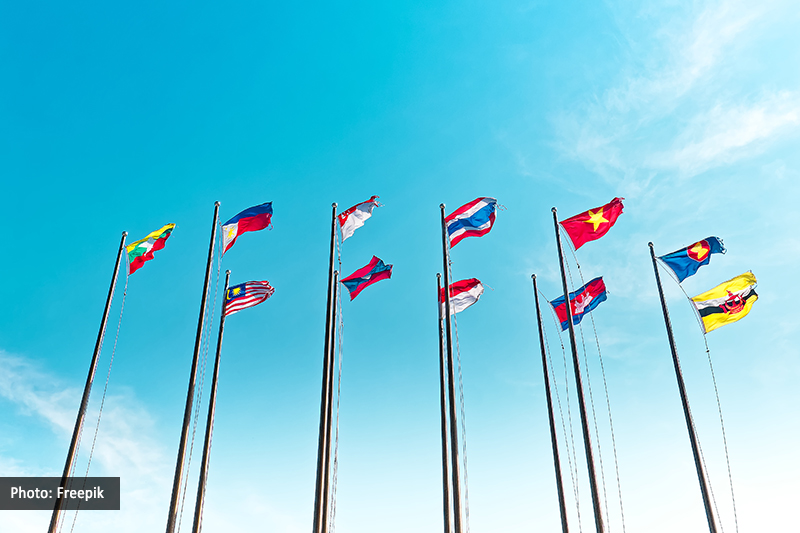
The Philippines should enhance its strengths in business and professional services to harness the opportunities in trade in services brought about by the Regional Comprehensive Economic Partnership (RCEP).
This was according to a recent study by state think tank Philippine Institute for Development Studies (PIDS) authored by Asian Institute of Management (AIM) Adjunct Faculty and AIM-Dr. Andrew L. Tan Center for Tourism Associate Director John Paolo Rivera and De La Salle University (DLSU) School of Economics Professor Emeritus and DLSU Angelo King Institute for Economic and Business Studies Director Tereso Tullao Jr. The study explored how the RCEP can deepen the contributions of trade in services in the Philippine economy.
RCEP is a “modern and comprehensive free trade agreement (FTA) covering trade in goods, trade in services, investment, economic and technical cooperation”.
The additional commitments in RCEP, particularly on business and professional services, made by the Association of Southeast Asian Nations (ASEAN) and its FTA partners provide new opportunities for the country.
The Philippines possesses strengths in business and professional services “in terms of competitiveness, language proficiency, cultural adaptability, human capital, and government participation”. However, government and institutional support are crucial to enhance these strengths. There should also be “developmental policies geared toward enhancing education and language”, especially in a highly competitive ASEAN region.
The authors also identified the country’s weaknesses in business and professional services that need to be addressed. These include issues “concerning scalability, education and training, demography, country branding and marketing, language and culture, mobility cost, and legal aspect”.
According to the authors, these weaknesses may be addressed by formulating policies related to education and training on both hard and soft skills, improving the country’s image by focusing on value-adding contributions to the world market, and negotiating continuously with partner economies in the region to harmonize service standards.
Moreover, they mentioned that participating in RCEP can provide income opportunities for Filipinos by supplying business and professional services to RCEP-member economies.
The Philippines can also invite enterprises, investors, and professionals to engage in local businesses. This can eventually develop human capital, infrastructure, tourism, and other industries, and enhance domestic productivity in the long run.
To harness RCEP’s benefits in terms of trade in services, the authors called on the Department of Trade and Industry and the lawmakers to create a policy environment that will facilitate the benefits of the RCEP in business and professional services.
“This can be done by utilizing the strengths and managing the weaknesses of the Philippine business and professional services sectors. We recommend strengthening linkages and improving human resources,” the authors said. ###
This press release is based on the PIDS discussion paper titled “Opportunities for the Philippines under RCEP: Trade in Services”.












